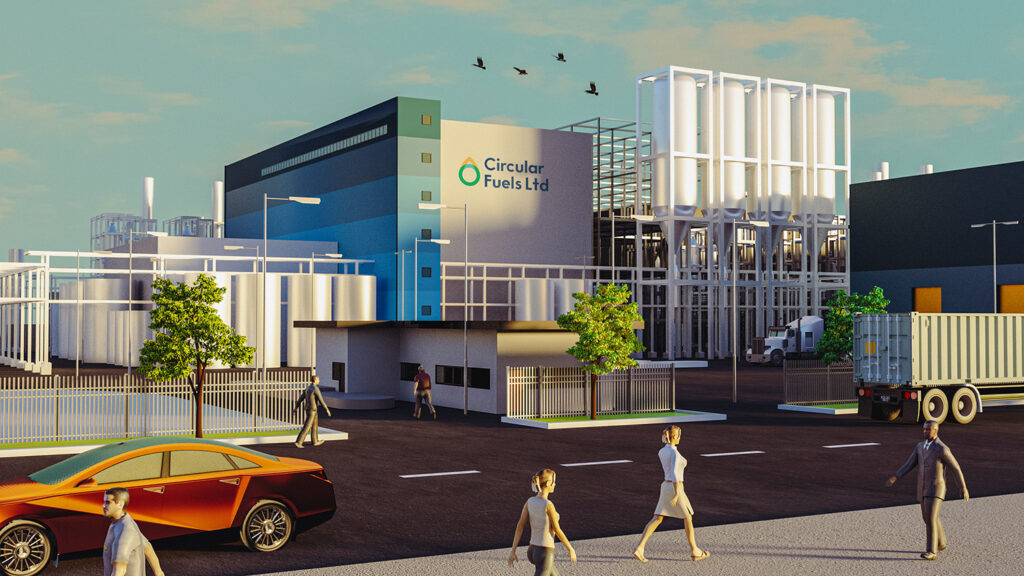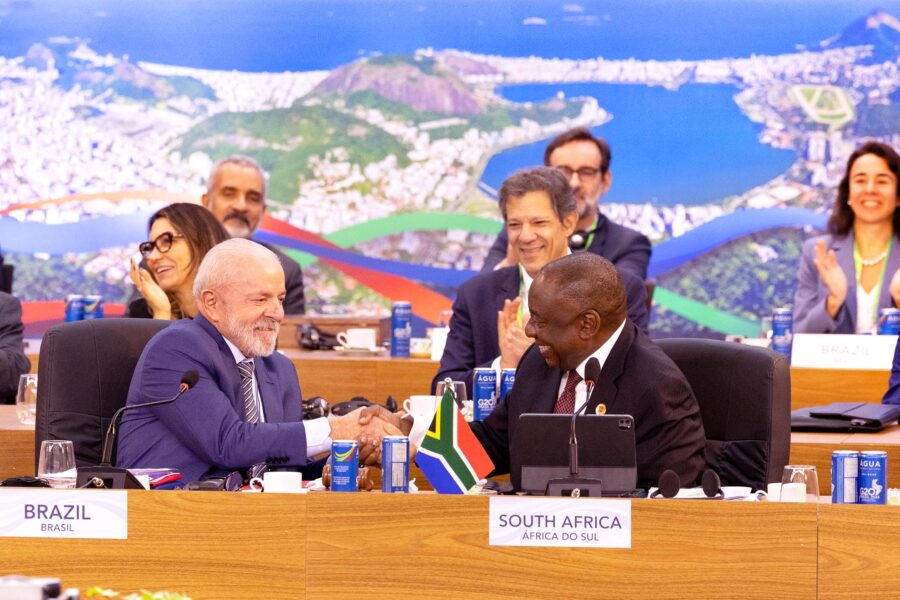Achieving net zero through innovation
Dimeta is a joint venture between SHV Energy and UGI International
to advance the production and use of renewable and recycled carbon
dimethyl-ether (DME), a low-carbon sustainable liquid gas, to accelerate the LPG industry’s transition to net zero
Climate — Global

In light of COP28, the United Nations has shared a report on the progress towards the Paris Agreement. With only seven years left to meet the goal of the Paris Agreement of reducing emissions by 43% globally by 2030, the report shows that the world is not on track to meet net zero emissions by 2050.
One of the critical pillars of minimizing environmental and public health challenges is the need to move away from fossil fuels. Over one billion people live and work in rural, remote areas not connected to the main gas grid.
In these off-grid areas, gas and electricity networks are limited, leading to a heavy reliance on high carbon fossil fuels such as oil or coal, or cleaner liquified petroleum gas (LPG), for daily activities and operations such as heating, hot water, cooking, or generating power.
Another critical pillar is ensuring energy solutions contribute to improving air quality to protect the well-being of communities globally. Almost the entire global population (99%) still breathe air in their local environment that exceeds WHO air quality limits and severely impacts health.
There is no one silver bullet to achieving these aims. Instead, we must embrace a multi-solution approach and provide pathways to cater to the diverse energy needs of different locations and varying social and environmental factors across the globe.
Harnessing the potential of renewable liquid gases
One such solution is renewable liquid gases, which will play a significant role in the energy transition. Renewable liquid gases are derived from sustainable sources, providing a cleaner and low-carbon alternative to LPG.
Over 300 million tonnes of LPG are used annually across all six continents, of which 44% is in the domestic sector for applications such as cooking and heating, followed by the chemical sector (28%) and industry (10%).
While LPG emits less CO2 and other emissions such as particulate matter (PM) than other fossil fuels – there is still a need to mitigate the environmental impact of LPG in the long term. Renewable liquid gases can be used across various LPG applications as a drop-in solution to decarbonize the LPG industry on a pathway to net-zero emissions.
Circular solutions: Waste-to-DME
Renewable and recycled carbon dimethyl-ether (DME) is a sustainable liquid gas produced from a wide range of proven technologies and sustainable feedstocks, such as municipal waste. Renewable and recycled carbon DME can reduce greenhouse gas emissions by up to 85%, reaching over 100% savings if carbon capture is used. Future production pathways, including ‘Power-to-X’ utilizing CO2 and renewable hydrogen, can cut emissions even further.
Renewable and recycled carbon DME is chemically similar to LPG and can be easily transported using the existing LPG supply chain as a liquid in pressurized cylinders and tanks. It can be blended into LPG up to 12% in existing off-grid heating, cooking, and industrial applications without modifying equipment or appliances.
DME can also be used in 100% pure form, particularly for large commercial and industrial users, with minor modifications to infrastructure and a dedicated DME boiler. Such is the attractiveness of DME as fuel for the future that leading global manufacturers are exploring 100% DME-dedicated appliances, including hot water production systems, boilers, and dryers.
Waste management in a circular economy
By 2050, worldwide municipal solid waste generation is expected to have increased to 3.4bn metric tonnes and according to the World Bank, almost two-thirds of this will end up in landfills and open dumps. The total municipal solid waste generation globally is 2.01 billion tonnes annually, of which nearly 33 per cent needs to be managed safely for the environment.
Each year, many countries worldwide export loads of recyclable waste to other countries, as this approach is more cost-effective than developing local recycling facilities. The global waste trade was worth approximately $98.3 billion from 1988 to 2016 for importing countries. Waste management is critical to the circular economy in helping minimize waste generation, promote resource efficiency, drive maximum value, and reduce the environmental impact of landfills on local communities.
In a waste-to-DME model, waste can be taken from the area local to a DME production plant and used as a feedstock to produce the molecule. The resulting DME can provide energy in the region while managing the feedstock supply chain, and producing the new fuel can also create long-term local jobs.
This circular approach makes ‘waste-to-DME’ a much more sustainable use of waste resources, prevents local pollution associated with landfills – especially in developing countries, which may lack the infrastructure and resources for safe disposal – and creates a low-carbon fuel that can power hard-to-electrify sectors.
Dimeta’s first waste-to-DME plant in Teesside, UK, follows this innovative approach. This facility will produce over 50,000 tonnes of DME per year, equivalent to decarbonizing a quarter of the domestic LPG heating market. Moreover, this project will create job opportunities, with 250 roles during construction and 50 permanent positions when production begins, and will support indirect jobs in the feedstock and fuels supply chain.

Moreover, Dimeta is partnering with Enerkem on two large-scale projects, with each project anticipated to produce approximately 165,000 tonnes of renewable and recycled carbon DME per year from mixed residual waste expected to be located in Northwest Europe and the United States’s Gulf Coast.
Renewable liquid gases can fuel a more sustainable and inclusive future. Converting waste to fuels is an innovative approach that can result in multiple socioeconomic and environmental benefits and offer an alternative energy source for the hard-to-abate sector.
We must do everything possible to protect public health and safeguard the Earth. After all, it is only through collective global efforts that we can secure a sustainable tomorrow for generations to come.
For further information, visit: www.dimeta.nl





